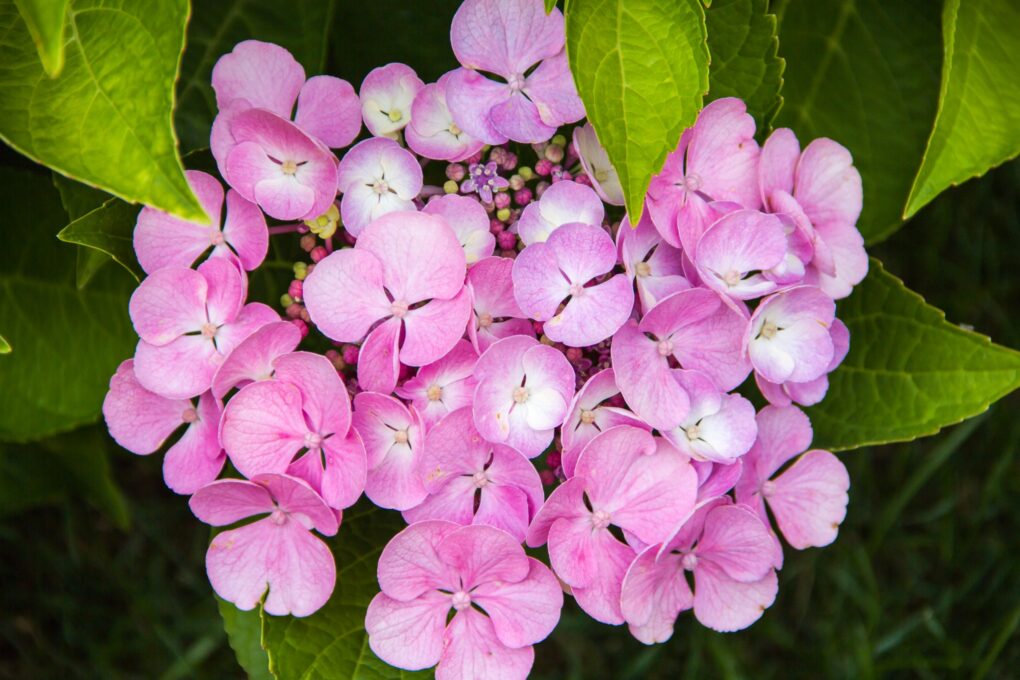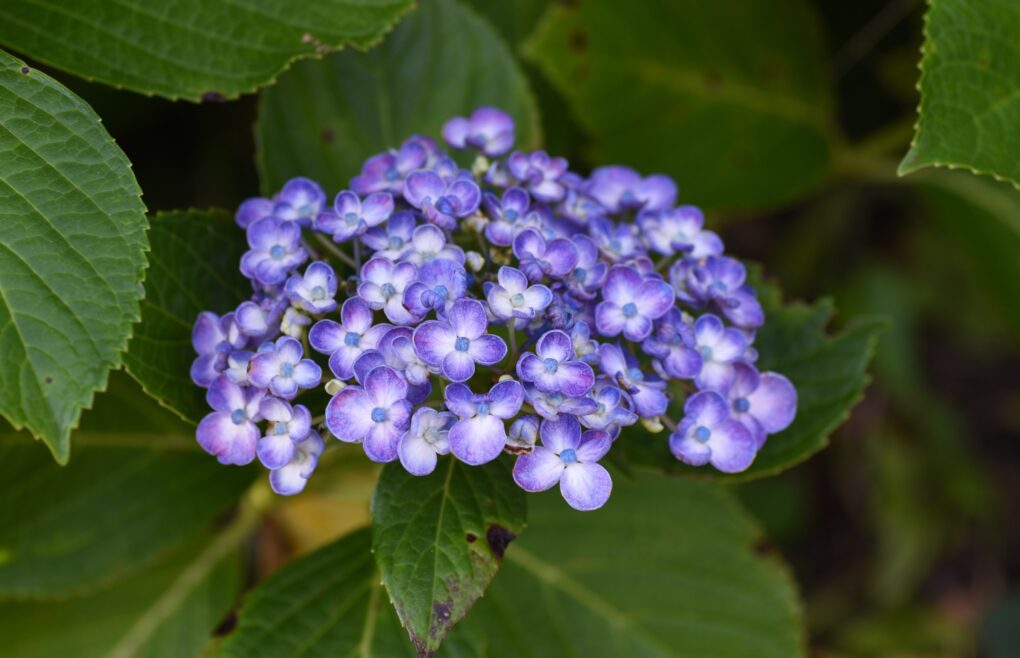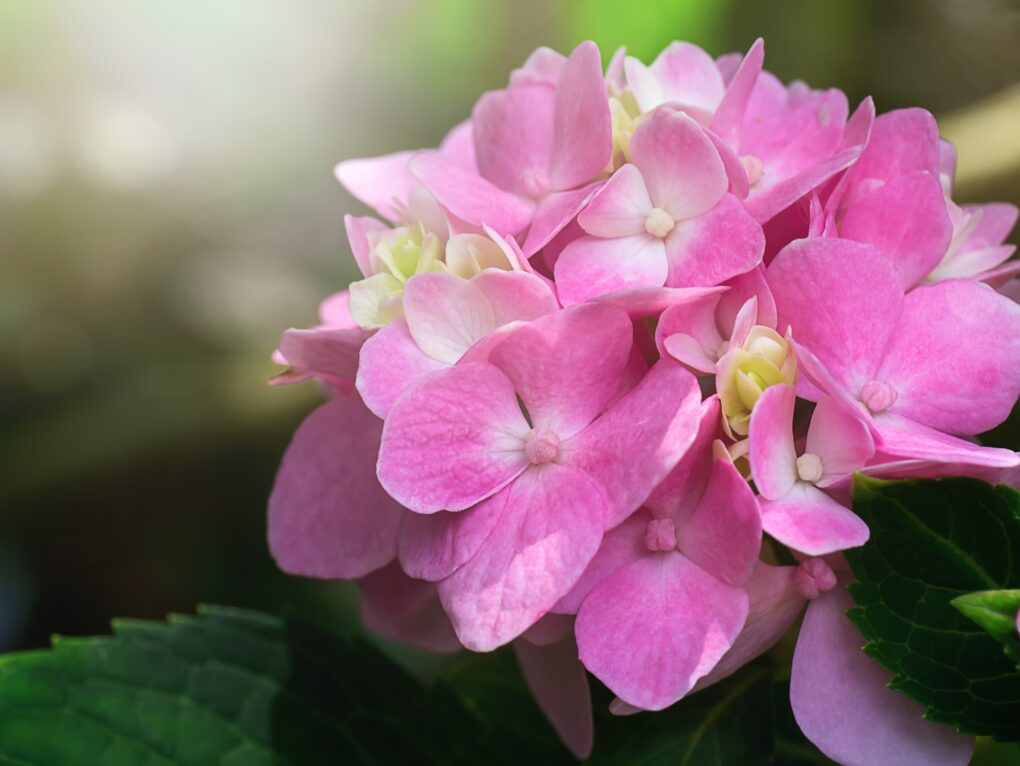Do Hydrangeas Attract Ants? Exploring the Relationship Between These Garden Favorites and Ants
Hydrangeas are a popular choice for gardeners and flower enthusiasts. They are known for their beautiful and vibrant blooms, which come in various colors, however, some people have concerns about whether hydrangeas attract ants.

While hydrangeas do not naturally attract ants, it is common to see ants on hydrangea plants. Ants generally appear on a hydrangea plant when there is an aphid infestation, and Ants feast on the sticky honeydew that the aphids produce during their infestation.
So, do hydrangeas attract ants? The answer is no, but they attract aphids, which attract ants. This article will explore the relationship between hydrangeas, ants, and aphids. We will also discuss preventing and eliminating ants and aphids on your hydrangea plants.
Table of Contents
Hydrangeas and Ants

Why Ants are Attracted to Hydrangeas
Hydrangeas are known to attract ants, but why is that? Ants are attracted to the sweet nectar produced by the flowers of the hydrangea plant. In addition, ants are also attracted to the honeydew produced by aphids, which are common pests that can infest hydrangeas. The ants will protect the aphids from predators and in return, they will feed on the honeydew produced by the aphids.
How Ants Affect Hydrangeas
While ants do not harm hydrangeas, their presence can indicate an aphid infestation. Aphids can damage hydrangeas by sucking the sap from the leaves and stems, which can cause the plant to weaken and become more susceptible to other pests and diseases. In addition, the honeydew produced by aphids can attract other pests such as bees and wasps.
Can Ants Benefit Hydrangeas?
While ants are not beneficial to hydrangeas, they can indirectly benefit the plant by protecting it from other pests. By protecting aphids, ants can prevent other pests from feeding on the plant and causing damage. However, it is important to control aphid populations to prevent them from causing damage to the plant.
Overall, while ants may be attracted to hydrangeas, they are not beneficial to the plant and can indicate an aphid infestation. Therefore, it is important to control aphid populations to prevent plant damage and discourage ants from feeding on honeydew produced by aphids.
Preventing Ants on Hydrangeas

Ants can be a common problem for hydrangeas, but there are ways to prevent them from infesting your plants. Here are some natural and chemical solutions to keep ants from your hydrangeas.
Natural Ant Deterrents
Several natural remedies can help keep ants away from your hydrangeas:
- Sprinkle cinnamon or cayenne pepper around the base of the plant to deter ants.
- Place cucumber peels or citrus rinds around the base of the plant to repel ants.
- Mix one part vinegar with three parts water and spray the solution on the leaves and stems of the plant to deter ants.
- Plant mint or pennyroyal around the base of the plant to repel ants.
Chemical Ant Control
If natural remedies don’t work, chemical ant control may be necessary. Here are some options:
| Product | Description |
| Baits | Baits contain a slow-acting poison that ants bring back to the colony, killing the entire colony. |
| Sprays | Sprays can kill ants on contact, but may not be effective against the entire colony. |
| Dusts | Dusts can be applied directly to the nest or around the base of the plant to kill ants. |
When using chemical ant control, follow the instructions carefully and keep the product away from children and pets. It’s also important to use the least toxic option and avoid harming beneficial insects.
